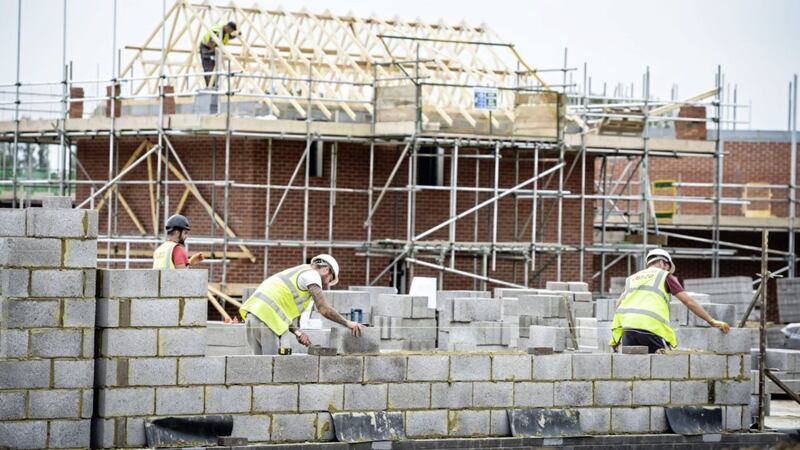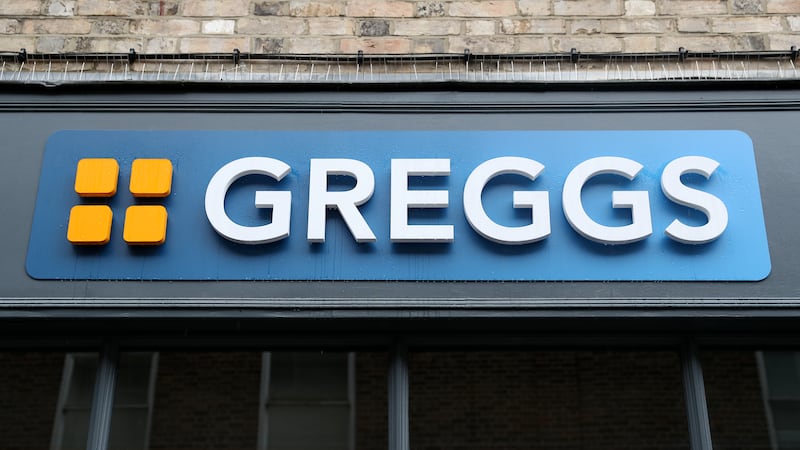THE “perfect storm” of materials increases, the Covid pandemic and supply issues continues to strike at the heart of the north's construction sector as a new report shows it's worth to the overall economy has diminished in the last year.
Provisional estimates in the 2020 Northern Ireland Annual Business Inquiry (ABI) survey show that there was an overall growth in so-called 'aGVA' between 2019 and 2020, but a decrease in turnover and purchases.
The term aGVA is a measure of the income generated by business, less all their expenditure (including taxes).
The report said total aGVA in Northern Ireland was estimated to be worth £25.7 billion at basic prices in 2020, which represented a rise of 1.4 per cent (£353 million) compared to 2019.
Turnover for businesses decreased by 6 per cent to £67.1 billion, while the cost of purchases of goods, services and energy fell by 7 per cent to £43.4 billion over the same period.
The ABI collects both financial and employment information from businesses and other establishments and covers approximately two thirds of the norths economy. It includes the production, construction, distribution and service industries but excludes public sector activity for the most part.
There was growth in the production, distribution and non-financial services sectors, but the report pointed to a marked decrease in all construction industries.
Construction's aGVA had grown for the last six consecutive years, up from £1.8 billion in 2014 to £3.1 billion in 2019.
But between 2019 and 2020 the measure slumped by 16.1 per cent to £2.6 billion as turnover fell by 0.6 per cent (£44 million) to £7.3 billion, although purchases were up 11.8 per cent from £4.3 billion to £4.8 billion.
The sector's representative body the CEF had alluded to many problems in a "state of the industry" barometer in July, which showed that just three quarters of firms were operating at full or nearly full capacity.
Among other key findings, 30 per cent of respondent businesses said they risked collapse as a result of materials shortages and cost increases and 71 per cent reported lower profit margins than 2019/20.
Those who took part in that CEF survey had said that, without government action on costs, 89 per cent would be less inclined to bid for public contracts.
A month later though, finance minister Conor Murphy outlined proposals to provide a new layer of protection for firms working on public contracts, which included putting in mechanisms in existing and new contracts to make allowances for inflationary prices.
Elsewhere in the latest ABI report, aGVA growth in the north's production sector rose by £655 million (10.4 per cent) to £6.952 billion, mainly attributable to the energy generation and supply section.
Retail and wholesale trade within the distribution sector recorded aGVA growth of £53 million (0.8 per cent) to £6.311bn while in the non-financial services sector the measure increased by £147 million (1.5 per cent) to £9.785bn, driven by the information and communication services section.








